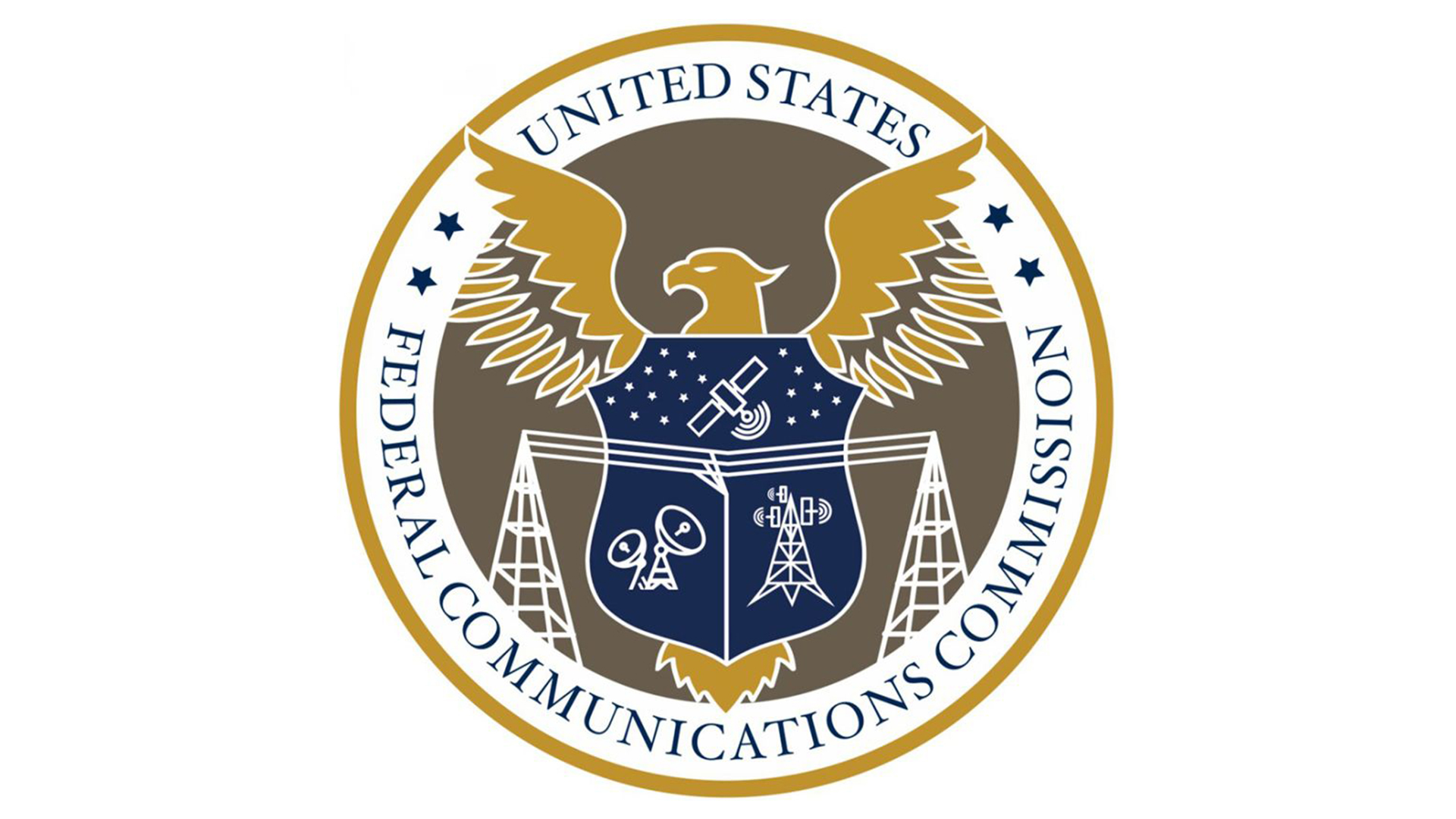FCC Closes Vacant Channel Proceeding
Said it won't leave those channels open for wireless mics or white space device use

The smarter way to stay on top of the multichannel video marketplace. Sign up below.
You are now subscribed
Your newsletter sign-up was successful
In a victory for broadcasters, the FCC has decided not to reserve a vacant TV channel in each market for unlicensed white spaces devices and wireless microphones and has terminated a five-year-old item that would have mandated that channel reservation.
The FCC issued a report and order Tuesday (Dec. 8) declining to adopt the 2015 Notice of Proposed Rulemaking that had been pushed by Google, and instead killing the item.
The rules, proposed under chairman Tom Wheeler, would have required TV broadcasters to demonstrate that their requests for new or modified facilities in the post broadcast incentive auction repack would not eliminate the last vacant UHF channel in the market (technically within the station's protected contour).
But the Pai FCC concluded that while it continues to support use of white spaces devices and wireless mics and their important functions, "other actions we have taken during the years since the rules were proposed, coupled with the increased burden that the 2015 proposal would place on the use by broadcasters of
spectrum in the more consolidated TV band that now exists following the Incentive Auction, we find that the rules proposed in the 2015 NPRM would not serve the public interest."
Commercial and noncommercial broadcasters, including ABC, CBS, NBC, Fox, and PBS< had urged the FCC to pull the plug on the item, arguing that it ran counter to the general precedent for favoring licensed over unlicensed services and because losing the channel could hinder their efforts to provide new offerings using the ATSC 3.0 transmission standard.
The National Association of Black Owned Broadcasters also opposed the vacant channel proceeding, arguing that it could potentially harm African American and other minority TV station ownership by foreclosing a new broadcast channel—-perhaps minority owned—-in those markets.
While wireless mic backers asked the FCC to go ahead and reserve the channel as originally planned, the NAB said the docket needed to be closed.
The smarter way to stay on top of the multichannel video marketplace. Sign up below.
Contributing editor John Eggerton has been an editor and/or writer on media regulation, legislation and policy for over four decades, including covering the FCC, FTC, Congress, the major media trade associations, and the federal courts. In addition to Multichannel News and Broadcasting + Cable, his work has appeared in Radio World, TV Technology, TV Fax, This Week in Consumer Electronics, Variety and the Encyclopedia Britannica.

